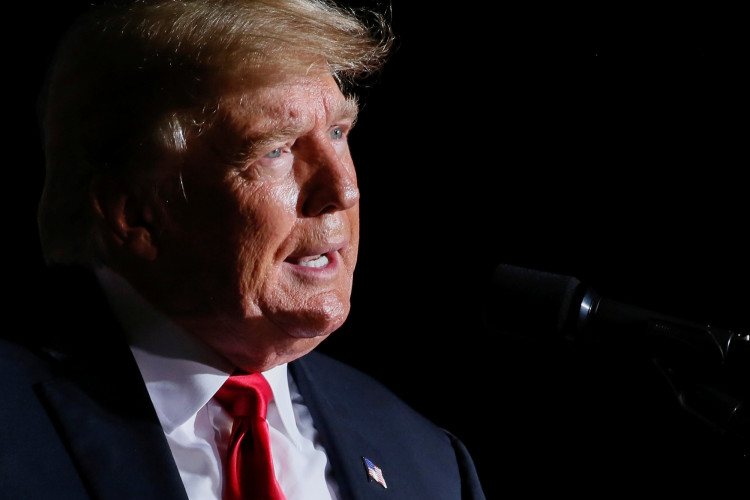The assassination attempt on former President Donald Trump at a rally in Pennsylvania has ignited a firestorm of questions about the Secret Service's security protocols and the role of local law enforcement. Secret Service Director Kimberly Cheatle spoke to CNN, asserting that the Secret Service was "solely responsible" for the security measures at the rally site, despite coordinating with local law enforcement.
Cheatle explained that while responsibilities were divided, the Secret Service was entirely accountable for the security design, implementation, and execution. "At that particular site, we divided up areas of responsibility, but the Secret Service is totally responsible for the design and implementation and the execution of the site," Cheatle told CNN's Whitney Wild.
On Saturday, Thomas Matthew Crooks, a 20-year-old from Bethel Park, Pennsylvania, fired shots at Trump during the rally in Butler, Pennsylvania. Crooks was killed by Secret Service agents, but not before he grazed Trump's ear with a bullet, killed one attendee, and injured two others. Cheatle noted that while local law enforcement was tasked with certain areas, the Secret Service handled the core security responsibilities.
The incident has led to intense scrutiny of the Secret Service's actions, particularly why no agent was stationed on the building where Crooks positioned himself. Cheatle defended the decision, citing safety concerns due to the building's sloped roof. "That building in particular has a sloped roof at its highest point, and so there's a safety factor that would be considered there that we wouldn't want to put somebody up on a sloped roof," she said in an ABC News interview. The agency opted to secure the building from inside instead.
This decision has faced heavy criticism, especially given that other Secret Service snipers were positioned on similarly sloped roofs. The Secret Service's counter-sniper team, known as Hawkeye, and another team, Hercules, were present to eliminate long-range threats, but gaps in coverage and communication appear to have played a role in the security breach.
Phil Andrew, a former FBI agent and head of the Pax Group security consulting firm, described the protection strategy at such events as comprising "three rings of security." The inner rings are managed by the Secret Service, while the outermost ring, often assigned to local law enforcement, seemed to have failed in this instance. Andrew emphasized that the issue might lie in how the responsibilities were communicated and understood.
Local law enforcement officers admitted to facing manpower shortages and planning issues. They were responsible for securing areas that did not require attendee screenings, which included the building Crooks accessed. Despite spotting Crooks and alerting others, officers could not prevent him from climbing the roof and initiating the attack.
Videos from the event revealed that attendees noticed the gunman nearly two minutes before he fired, raising questions about the response time and decision-making process. The lack of immediate action has fueled conspiracy theories among some Trump supporters, who allege incompetence or even deliberate inaction.
Rep. Dan Crenshaw (R-Texas), a former Navy SEAL, urged caution in assigning blame. "Anytime a president gets shot, it is a security failure," Crenshaw said in a video posted to X. He acknowledged the complexity of the situation and the potential inexperience of local officers with such high-stakes security tasks.
Andrew McCabe, former deputy director of the FBI, underscored the importance of eliminating sight lines to the protectee. He noted that the buildings around the rally should have been assessed for vulnerabilities, with appropriate security measures implemented.
The Secret Service has initiated an internal review and is awaiting findings from an external review to identify potential policy or procedural adjustments. Meanwhile, Cheatle has been in discussions with personnel involved in the rally security, expressing pride in their actions despite the tragic outcome.
House Majority Leader Steve Scalise has called for Cheatle's resignation, reflecting the broader political fallout. Multiple investigations are underway, including those by the Biden administration and Congressional committees, aiming to address the security lapses and ensure such an incident does not recur.






